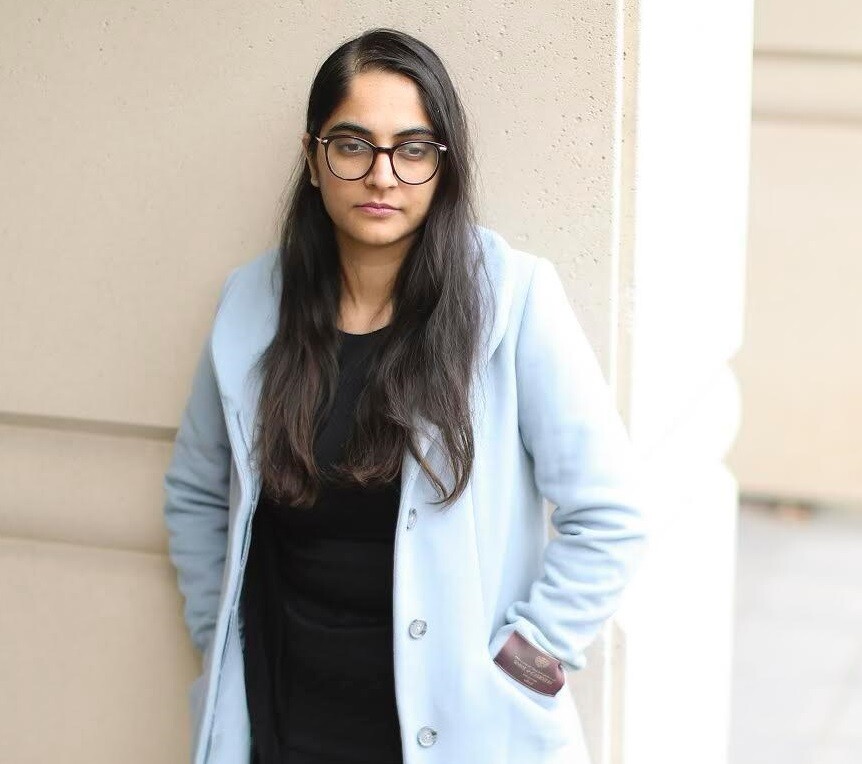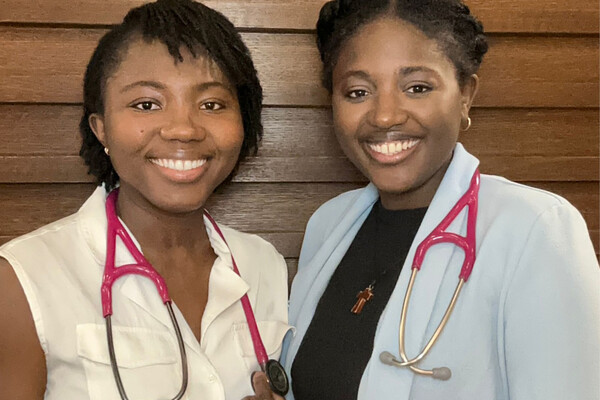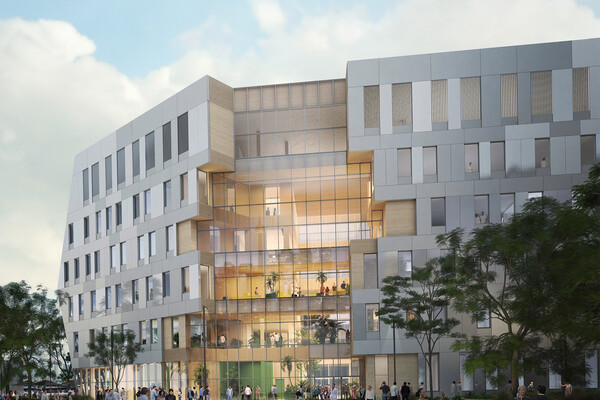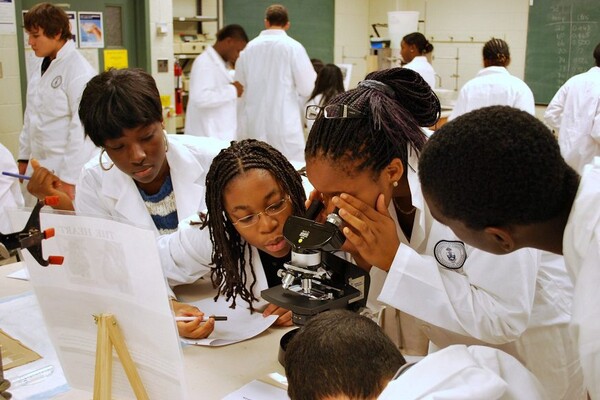Main Second Level Navigation
Breadcrumbs
- Home
- News & Events
- Recent News
- Temerty Medicine Alum: On Using Our Voices to Empower the Vulnerable
Temerty Medicine Alum: On Using Our Voices to Empower the Vulnerable

I didn’t grow up wanting to be a surgeon. Medicine wasn’t on my radar at all.
I immigrated to Canada during high school and started working part-time and during summers as a temporary agency warehouse employee. From manning a conveyor belt in a Zellers fulfillment centre and working at a floral nursery, to filling bottles at a shampoo factory and packing boxes at a food processing plant – if you can name it, I probably did it.
Most of my co-workers were a lot like me: persons of colour, new to Canada and obliged to earn income to support their families.
When you’re a temporary worker, you don’t have a job contract. You can’t plan ahead. You go whenever and wherever your agency tells you. Usually, I’d get a call the day before I was needed. No call meant no work, so staying on the agency’s good books was super important. Paid sick days? Forget it.
I remember how, during my time at the fulfilment centre, supervisors didn’t think I was moving the boxes on and off the conveyor belt fast enough. I wasn’t asked to come back after my first day. I wouldn’t earn more income until the agency decided to call me again with another placement — if they ever did at all.
Everything about the system was set up to keep workers like me entirely at the mercy of the agencies and companies employing us. Even if we questioned the status quo, we were terrified to speak up to advocate for ourselves. We were utterly powerless and voiceless.
Then, in the second year of my undergraduate degree at the University of Toronto Mississauga, I met Professor Robert Reisz. I was taking his introductory course on Anatomy when he asked about my plans for the upcoming summer break. When I told him I planned to return to my factory work, he was very surprised.
Professor Reisz asked if I had any interest in working in his Paleontology lab instead. I couldn’t say ‘yes’ fast enough.
I started to think more about my long-term plans. Over time, medicine became my dream, and eventually my reality.
With support from scholarships and bursaries, I was able to pursue medical training at U of T and am now a third-year surgery resident. I’m grateful to have incredible faculty mentors such as Dr. Reisz, Dr. Sameena Uddin and Dr. Carol Swallow, who taught me how to dream.
Now, whenever I lift something in operating room, I’m humbly reminded of my past. It also reminds me of the privileges I enjoy today.
I have a special appreciation for the fact a physician’s voice has weight and the importance of advocacy. Labour and socioeconomic status are key determinants of health. We’ve seen this play out during the pandemic – with low-income workers and their families bearing the biggest brunt.
Michael Marmont rightfully once said, “who cares more about the tragedy of lives blighted by premature ill health than medical professionals?” As physicians, it is our moral obligation and duty to speak up when we see injustice — especially as it relates to health.
While I had started advocating for South Asian Women and their access to health care during my undergrad, my advocacy efforts for essential workers began during the pandemic. There was so much blaming of Brampton and its residents for the increased spread of COVID. I was frustrated.
I wanted to combat this narrative by launching Humans in Brampton. I initially hoped this social media campaign would feature workers and tell their stories directly, but I forgot to account for fear. Workers wanted their stories to be posted anonymously. They were afraid to talk about the challenges of their daily lives, fearing repercussions from their employers. Their hesitation spoke to the powerlessness many low-income essential workers felt during the pandemic.
During the pandemic’s second wave, I published several op-ed articles in The Toronto Star highlighting the role of labour injustice in the pandemic and highlighting ways to control workplace outbreaks that continued to drive COVID-19 transmission. I urged governments to consider the plight of precarious workers by requiring companies to provide basic employment benefits, workplace protections and vaccine prioritization, as well as to fund a paid sick leave program that would allow employees to follow public health pandemic guidelines without worrying about how they’d pay their bills.
This was followed by opportunities to speak about the issues facing temporary and essential workers in local and national media, and to participate in national conversation on labour rights and paid sick leave. I started to get the sense that the message was resonating with the broader public — especially as the third wave hit and variants of concern began to spread quickly. I was able to speak with local mayors, public health officers, MPs and the Prime Minister about supporting temporary and essential workers.
While I hope to continue advocating for my patients and community, throughout all this attention, I’ve often found myself wondering “why me?” In a better, more equitable world, workers and marginalized groups would be out there speaking and advocating for themselves. And yet, because of ongoing classism and racism in our society, their voices are ignored while mine, now as a physician, is heard. It’s not how things should be.
There have been glimmers of hope. Just recently a taxi driver whose story I had the opportunity to tell earlier in the year came forward to be featured in Toronto Life. And Gagandeep Kaur and Birgit Umaigba — both essential workers — have become important advocates for labour rights.
As physicians, we are so privileged to have voices that are heard. It is of utmost importance to use that privilege responsibly to protect our patients’ health. At same time, as a woman of colour with a platform, I hope I’m helping empower others to discover and use their own voices. Because being able to speak up and advocate for yourself should be a fundamental universal right.
We all have voices and deserve to be heard. It’s time for society to start listening.
Dr. Amanpreet Brar (BSc ’13, MD ’18) is a third-year general surgery resident.
News


